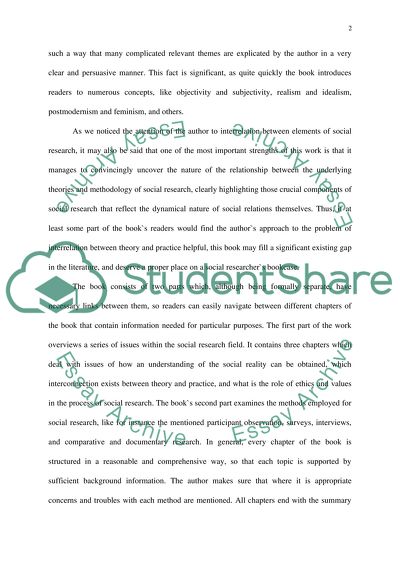Cite this document
(“Tim May Social Research: Issues, Methods and Process Essay”, n.d.)
Tim May Social Research: Issues, Methods and Process Essay. Retrieved from https://studentshare.org/literature/1532185-tim-may-social-research-issues-methods-and-process
Tim May Social Research: Issues, Methods and Process Essay. Retrieved from https://studentshare.org/literature/1532185-tim-may-social-research-issues-methods-and-process
(Tim May Social Research: Issues, Methods and Process Essay)
Tim May Social Research: Issues, Methods and Process Essay. https://studentshare.org/literature/1532185-tim-may-social-research-issues-methods-and-process.
Tim May Social Research: Issues, Methods and Process Essay. https://studentshare.org/literature/1532185-tim-may-social-research-issues-methods-and-process.
“Tim May Social Research: Issues, Methods and Process Essay”, n.d. https://studentshare.org/literature/1532185-tim-may-social-research-issues-methods-and-process.


